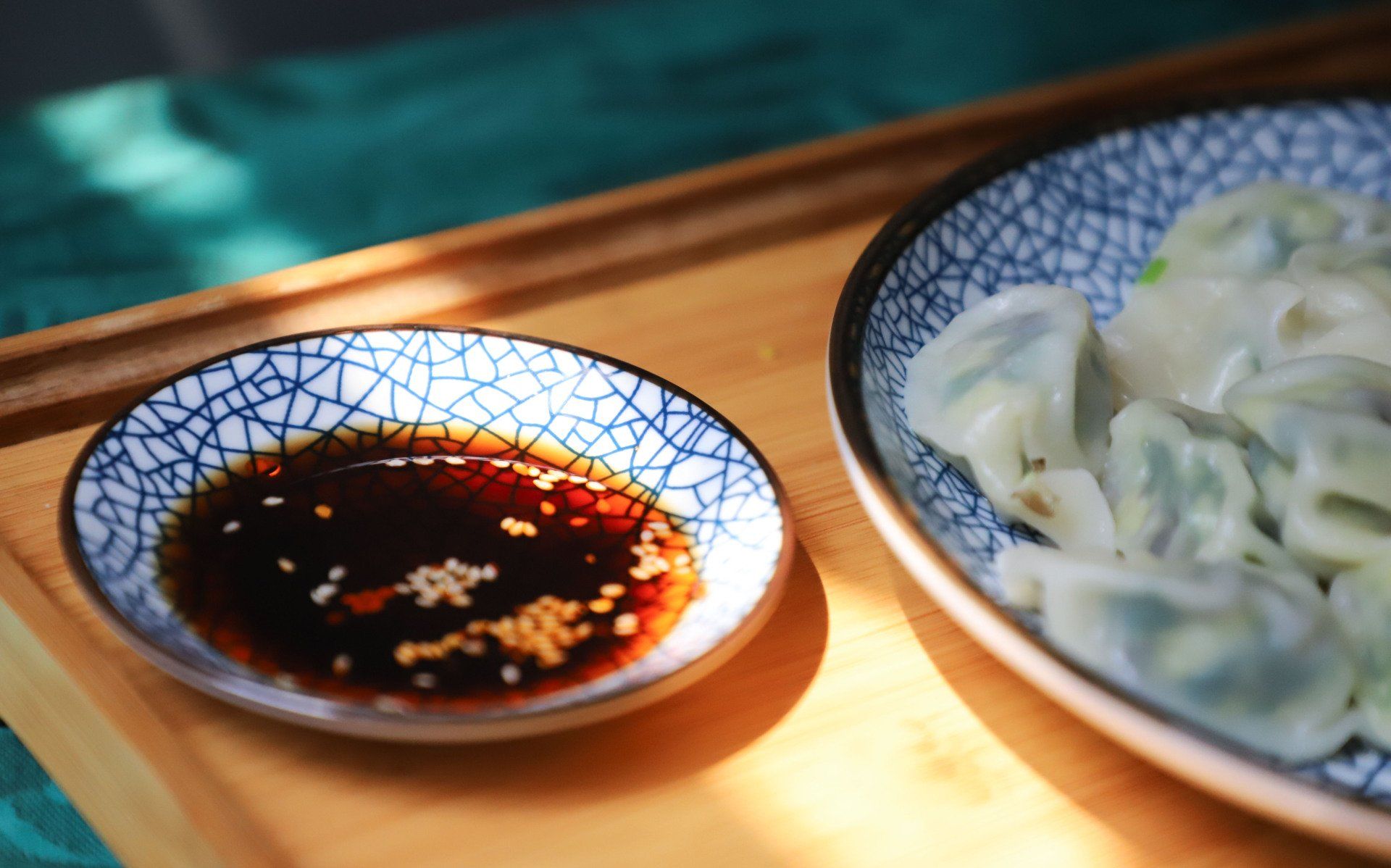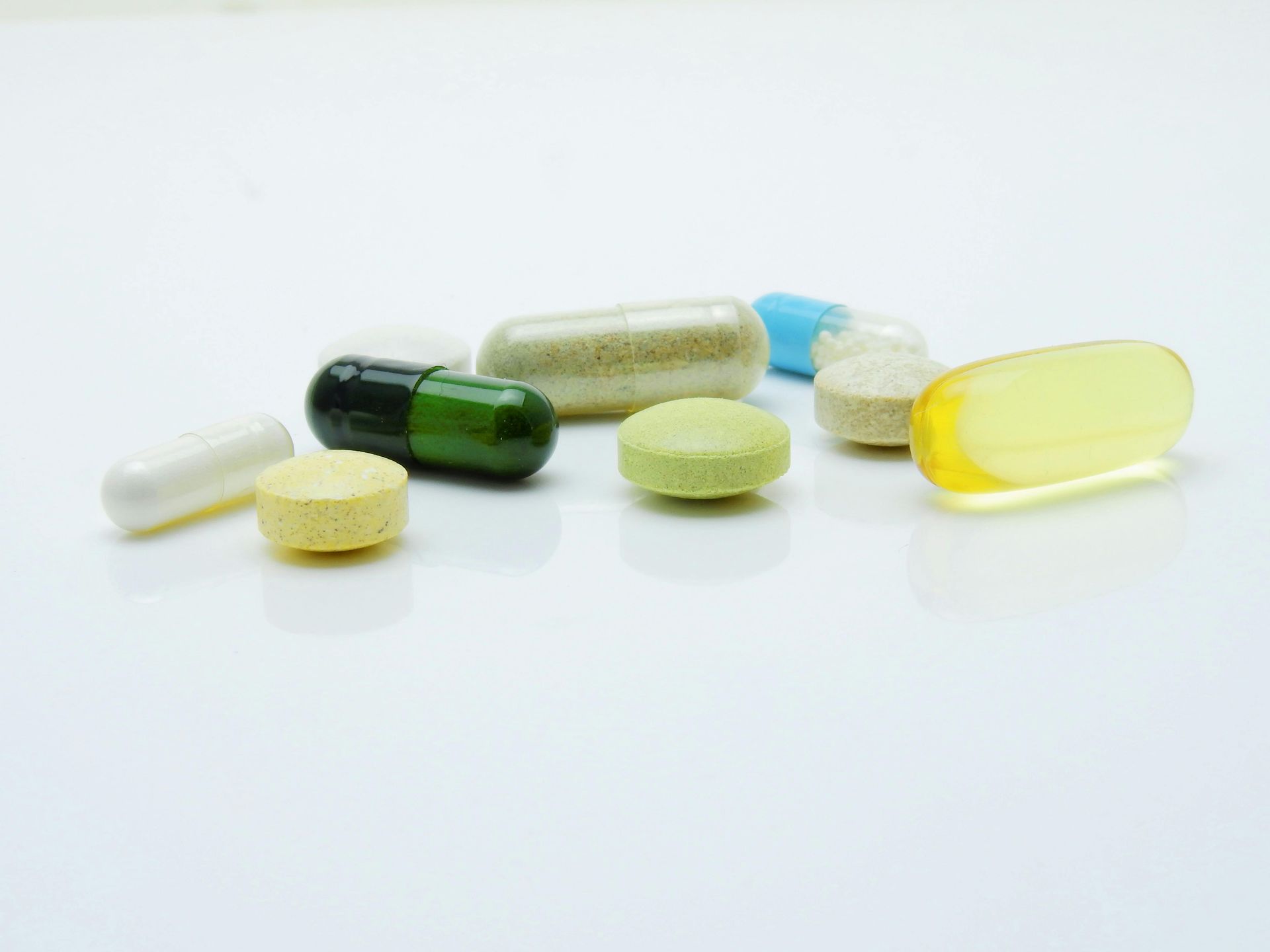Soy and Fertility: The Controversy

To soy or not to soy is a common question in the world of fertility nutrition and the answer to receive depends on which nutritionist you consult. Don’t laugh…the question of soy is polarizing in the nutrition world and most nutritionists have a “soy philosophy. On the one hand, there are holistic advocates like Christiane Northrup ( read about the Oprah/Soy/Thyroid story ), who recommend soy for general health and menopausal symptoms. On the other hand, any internet search will turn up scads of articles which attest to the negative impact soy can have on health . So, what’s a fertile gal to do?
Well, it’s important to start by understanding why soy is so controversial. First, soy contains isoflavones, chemicals that are structurally similar enough to the hormone estrogen to be called “phytoestrogens which can bind to estrogen receptors in our body. Isoflavones, however, are much weaker (about a thousand times weaker) than our body’s estrogen molecules. Isoflavones do not accumulate in the body and are metabolized quickly. For this reason the proponents of soy recommend soy as a remedy for the hot flashes, night sweats and mood swings that accompany lowered estrogen levels in menopause. It is also the reason why soy opponents believe soy may be driving up rates of estrogen related cancers and infertility. So what’s the real scoop?
As far as fertility is concerned, soy is a food we approach cautiously at Pulling Down the Moon.
First of all, soy is a common food allergen and can the cause of digestive upset (they didn’t invent the anti-gas medicine Bean-o for nothing!). At the Moon, we take a “gut first view of fertility nutrition. If a woman’s digestive tract is upset or inflamed, the result can be disasterous for fertility. Gut trouble can disrupt the absorption of nutrients and chronic inflammation in the gut area can impact the uterus and ovaries. Thus, soy is one of the foods we eliminate in our ART Recovery/Prep Program, in order to ensure that it is not causing digestive problems or allergic response.
Second, soy has been shown to negatively impact thyroid function. This is a major problem for women who are trying to conceive, since hypo-thyroidism is associated with infertility. Additionally, it is our experience at the Moon that thyroid conditions can be overlooked in the infertility work-up. Gals with low thyroid should avoid soy products and other thyroid-lowering foods.
Third, while the action of soy isoflavones is weaker than our endogenous estrogens, women who have a low body weight/and or low levels of body fat metabolize estrogen differently that normal weight women. In lean women, the body up-regulates production of its weaker forms of estrogen (estriol) and down-regulates the production of the stronger form of estrogen, estrodiol. As a result, the estrogen circulating in thin women may be a “weaker kind, resulting in menstural disruption or anovulatory cycles. It follows that a diet rich in phytoestrogens may further increase the competition for estrogen receptors. This is also why, under specific therapeutic conditions, our nutritionists will use non-soy phytoestrogens to help regulate conditions of estrogen dominance.
Finally, soy contains high levels of phytates, chemicals that can block the absorption of minerals including iron, calcium and zinc. The amount of soy that would need to be eaten to compromise mineral absorption is well beyond two servings per day. However, many vegetarians easily consume this much soy and more.
To boil all this down, here are the general guidelines we use at PDtM:
1. If a woman has digestive issues we recommend an elimination diet that removes soy and then reintroduce soy to see if there is any sensitivity. If sensitivity exists, soy is eliminated permanently.
2. In women with symptoms of hypothyroidism and/or unexplained infertility, we recommend they get their thyroid tested and eliminate soy if their hormone levels prove to be low.
3. If the thyroid is fine, and there are no digestive issues, our recommendation is to use soy sparingly in the diet, keeping soy consumption to no more than one 8 oz serving of fermented soy per day and to consume soy in a fermented form.
4. In men with poor sperm quality we limit soy consumption to < 3 servings a week and recommend that any soy in the diet be consumed in a fermented form. Because zinc is essential sperm formation, and because the phytates in soy interfere with zinc absorption, we take a cautious approach. At least one study has shown a correlation between soy consumption and low sperm count in sub-fertile men. The same correlation was not found in normal, healthy young men.
So, there you have it. Smart soy consumption is possible when you’re trying to conceive as long as you tend to your gut, make sure your thyroid is in good working order and don’t overdo. Be aware that soy is often hidden in the foods you eat – frozen dinners, baked goods, energy bars and “veggie meats – so be smart and read your labels.
Have you made a change to your soy consumption since you tried to conceive? Has a doctor or nutritionist shared their perspective with you? Please join the conversation with us.




